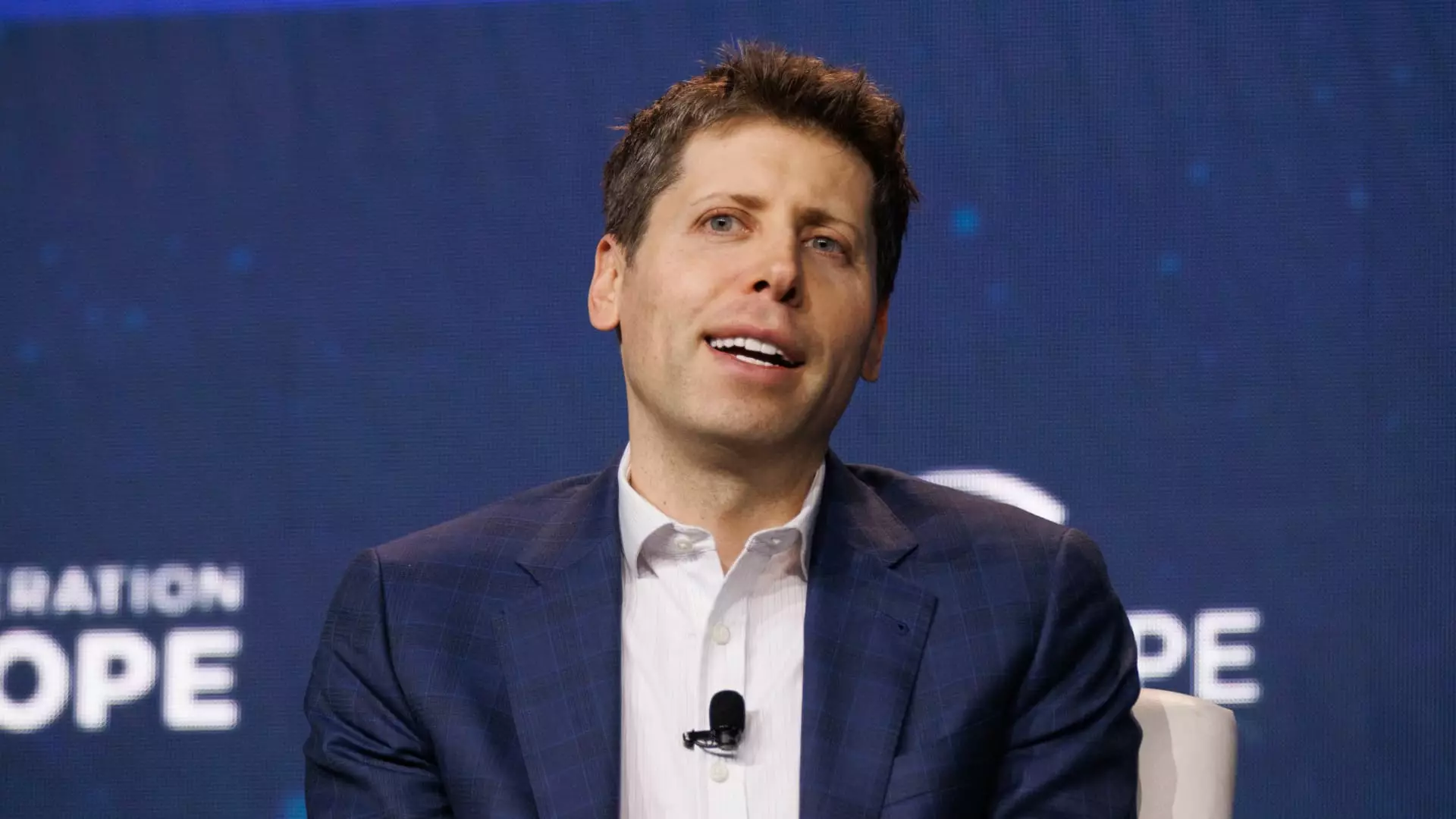OpenAI recently revealed its latest advancements in artificial intelligence by launching a new AI model and desktop version of ChatGPT. This update is a significant step forward in expanding the capabilities of their popular chatbot. The company’s technology chief, Mira Murati, highlighted the key features of the new model, GPT-4o, including its enhanced speed and improved capabilities in text, video, and audio processing.
One of the main objectives of this update is to enhance the user experience of ChatGPT by providing a more efficient and user-friendly interface. The introduction of GPT-4o allows the chatbot to handle 50 different languages with improved speed and quality. Moreover, OpenAI plans to integrate video chat capabilities into ChatGPT, offering users a more interactive experience.
The new model, GPT-4o, offers several advanced AI capabilities, such as perceiving emotions, analyzing facial expressions, and providing real-time responses to users’ audio prompts. OpenAI team members demonstrated the model’s ability to interact with users in a more personalized manner, showcasing its versatility and adaptability.
OpenAI’s new model is positioned as a versatile tool with applications in various industries, such as translation, mathematics, coding, and storytelling. The ability of the AI model to function as a translator and solve complex equations expands its utility beyond traditional chatbot functions. Additionally, it can serve as a valuable resource for developers and businesses looking to leverage AI-powered technologies.
Market Trends and Competition
The launch of the GPT-4o model marks a significant milestone for OpenAI in the competitive generative AI market. Other tech giants like Microsoft and Google are also investing heavily in AI technologies to stay ahead of the competition. The rapid growth of the generative AI market reflects the increasing demand for AI-powered solutions across various industries.
Despite the rapid advancements in AI technologies, concerns have been raised about the implications of unleashing untested AI services into the market. The propagation of bias and ethical considerations surrounding AI technologies pose challenges for developers and policymakers. It is essential to address these concerns to ensure the responsible and ethical deployment of AI-powered solutions.
Future Outlook
The unveiling of the GPT-4o model represents a significant leap forward in AI technology, offering enhanced capabilities and broader applications for users. OpenAI’s commitment to making AI technologies more accessible and user-friendly aligns with their vision of democratizing AI. As the generative AI market continues to evolve, companies like OpenAI are at the forefront of innovation, driving advancements in AI technologies.
OpenAI’s latest launch of the GPT-4o model signifies a new era in AI technology, with enhanced features and capabilities that cater to a diverse range of applications. The integration of advanced AI capabilities into ChatGPT opens up new possibilities for users and developers alike. As AI technologies continue to shape the future of digital interactions, OpenAI’s commitment to innovation and accessibility will play a crucial role in driving the widespread adoption of AI-powered solutions.


Leave a Reply
You must be logged in to post a comment.